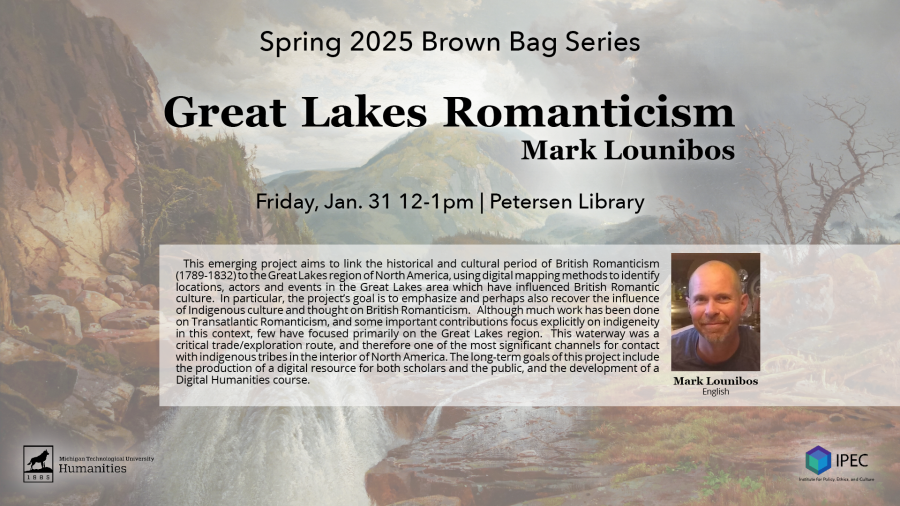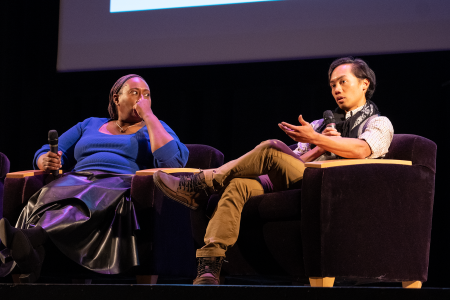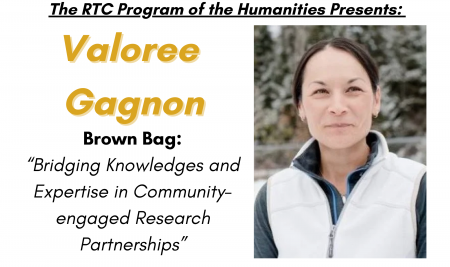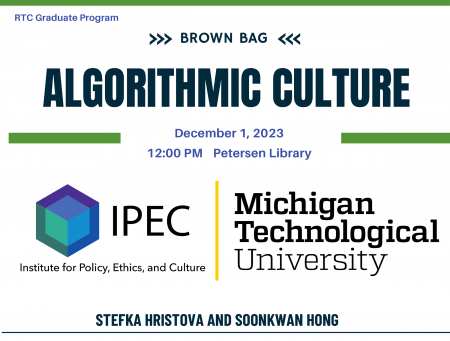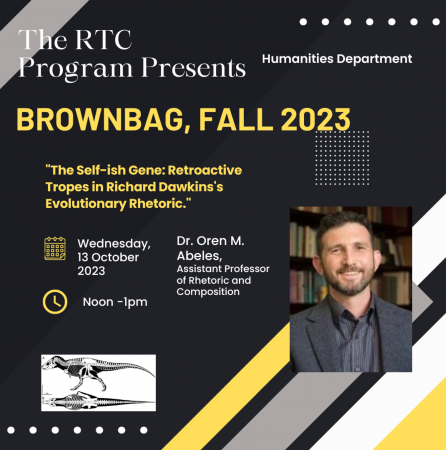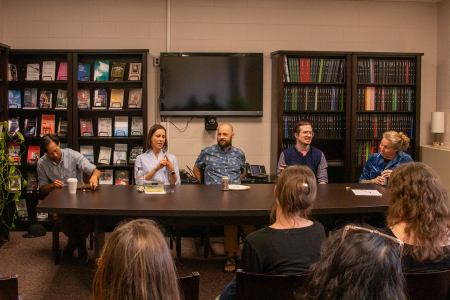What:
Humanities’ Brown Bag talks kick off again on Friday, January 31 at 12pm in the Petersen Library with “Great Lakes Romanticism” a talk by Assistant Teaching Professor of English, Mark Lounibos.
Abstract: This emerging project aims to link the historical and cultural period of British Romanticism (1789-1832) to the Great Lakes region of North America, using digital mapping methods to identify locations, actors and events in the Great Lakes area which have influenced British Romantic culture. In particular, the project’s goal is to emphasize and perhaps also recover the influence of Indigenous culture and thought on British Romanticism. Although much work has been done on Transatlantic Romanticism, and some important contributions focus explicitly on indigeneity in this context, few have focused primarily on the Great Lakes region. This waterway was a critical trade/exploration route, and therefore one of the most significant channels for contact with indigenous tribes in the interior of North America. The long-term goals of this project include the production of a digital resource for both scholars and the public, and the development of a Digital Humanities course.
Who:
Presented by Mark Lounibos, Assistant Teaching Professor of English
Co-Hosted by the Department of Humanities and the Institute for Policy, Ethics, and Culture
All are welcome to attend!
When:
Friday, Jan. 31, 2025 at 12:00 p.m.
Where:
The Peterson Library, Walker 318
